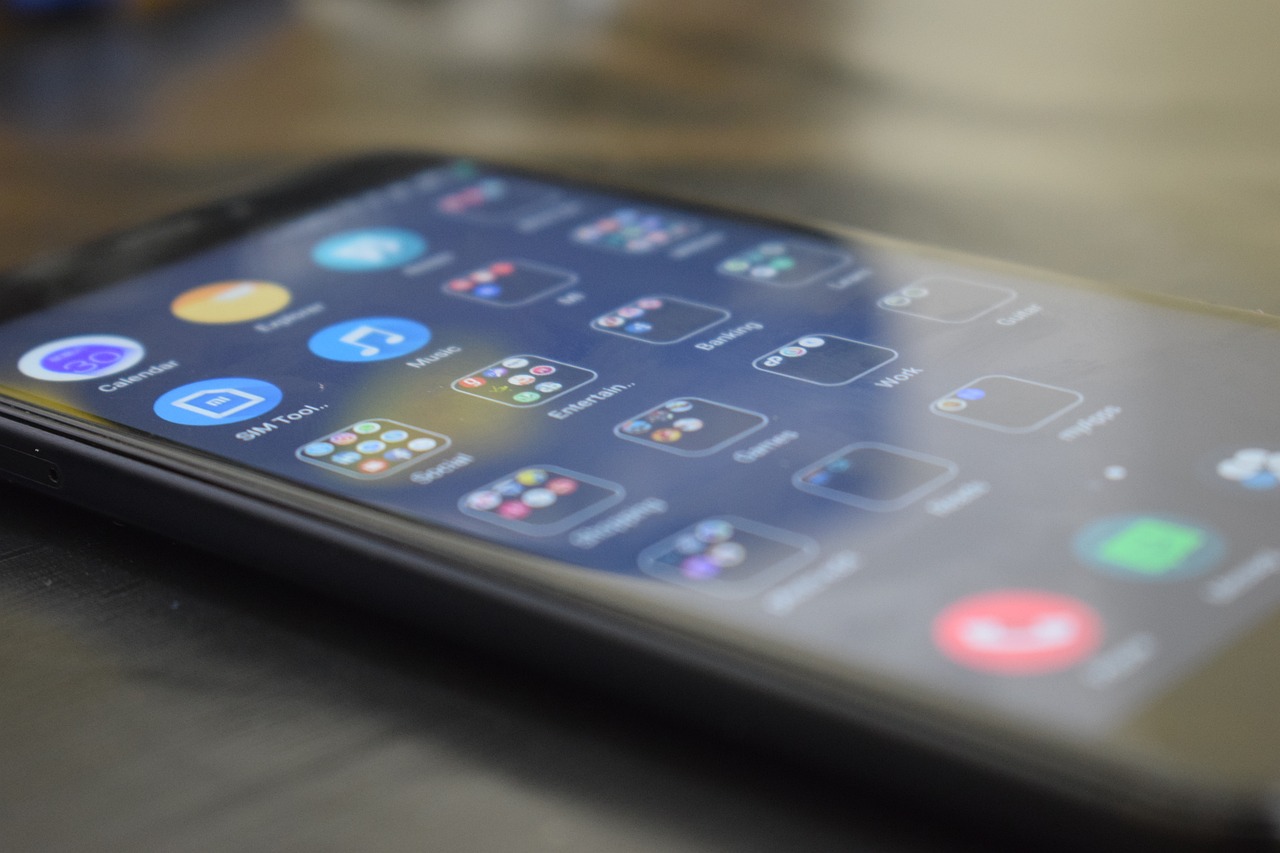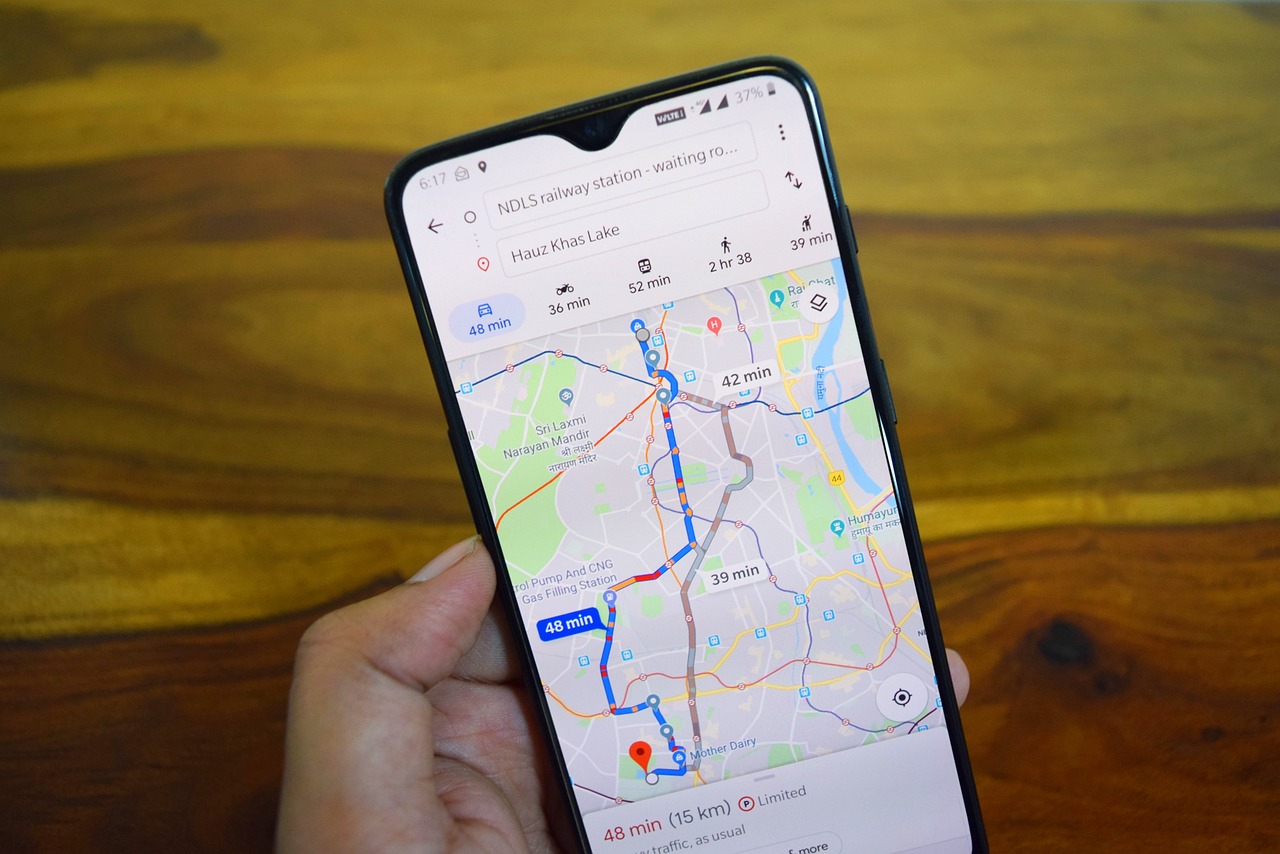On Tuesday (28), operators Claro, TIM and Vivo announced their membership in a collaborative network that promises to increase cell phone security. This membership aims to allow companies to verify phone numbers without sending authentication messages via SMS, a method often used in bank fraud.

See also: Stolen Phone? Recover Your Photos and Videos Using Google Photos and iCloud
Know What Changes
This collaborative network also allows operators and banks to identify recent SIM card changes in devices, blocking suspicious transactions. In addition, it makes it easier to locate the cell phone in case of theft, preventing scammers from manipulating the GPS signal.
This initiative, called Open Gateway, was launched by the global telecommunications ecosystem management body GSMA in Barcelona, Spain, in early May. In Brazil, the announcement was made during a GSMA event in São Paulo, with the main mobile phone companies.
These new services will be available nationwide by the end of this year, according to GSMA
To enable the development of new applications and services, including security services, companies have chosen to open up operational data on the platform. This follows the logic of open banking, where banks share information with each other.
Around 40 operators from countries such as Brazil, China, Norway and New Zealand have joined the initiative, representing 64% of global connections to the telephone network, according to the GSMA.
In Brazil, which is among the leaders in global rankings for telephone and internet fraud, the implementation of this technology will begin with a focus on cybersecurity. According to GSMA, the project was conceived to guarantee 100% of customer privacy by design.
What New Technology Promises to Reduce Fraud
Three services will be made available:
- Number Verification: Joining Open Gateway allows phone number verification without the need for an SMS message, eliminating the risk of scams that divert text messages to access authentication keys.
- Chip Exchange: The new technology makes it possible to identify recent chip changes in a cell phone so that banks can block more transactions with a high probability of fraud.
- Device Location: Open Gateway makes it easier to share your phone's location and prevents scammers from manipulating your GPS signal. This new feature enables the development of new logistics technologies based on the location of workers and vehicles.
For Claro, joining the initiative puts Brazil on par with the most modern telecommunications in the world, according to a statement by the director of new business, Carlos Araújo.
TIM Brasil’s vice president for new business and innovation, Renato Ciuchini, highlighted that the company works with the purpose of creating a safer and more secure environment. “The opportunity to join Open Gateway is in line with this scenario.”
Understand more: Caution: Prolonged Cell Phone Use in the Bathroom May Affect Your Health
Anatel and Measures to Suspend Irregular Numbers
Anatel (the National Telecommunications Agency) has recommended that operators take a series of measures to prevent irregular use of the 0800 prefix, such as immediately suspending the number when there are signs of fraud being used. Companies have until December 27 to comply.
Everyone wants to put an end to scams, such as the fake call center. In this type of scam, criminals send the victim a message pretending to be from a bank or company and asking for a call back to a number, which may start with 0800.
Telephone numbers starting with 0800, 0300, 4000, 4003 and 4004 are not linked to geographic locations, which allows contact without the need for a long-distance call. Anatel says it monitors these numbers in partnership with telecommunications providers.
The agency also recommends that companies establish contractual clauses that hold the number holder responsible in the event of fraud and prohibit the resale of the number.
In effect, the operators' objective is to inhibit scams
Namely: the new regulation helps, but sometimes it leaves room for fake call centers to continue operating. This is the opinion of Fabio Assoline, chief researcher for Latin America at cybersecurity company Kaspersky.
For Assolini, Anatel should turn its attention to SMSs with short numbers, such as (1153, used by TIM, or 27900, used by Nubank). After all, when criminals gain access to one of these records, they guarantee more legitimacy to the message.
He says that criminals often look for smaller operators to obtain registrations that start with non-geographic or short numbers, also used by banks and other companies.
As a result, implementing these measures is an important step toward ensuring a safer digital environment for all users. Still, continued evolution is essential to maintaining the security of user data.



